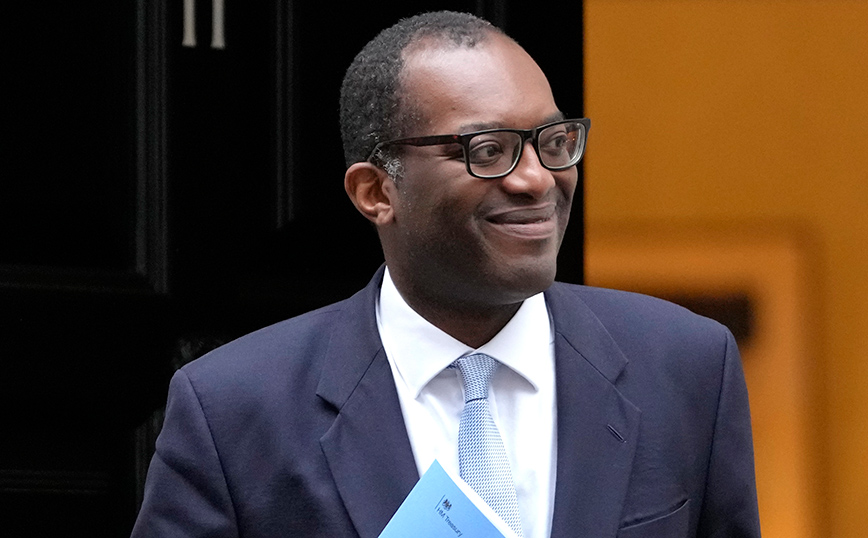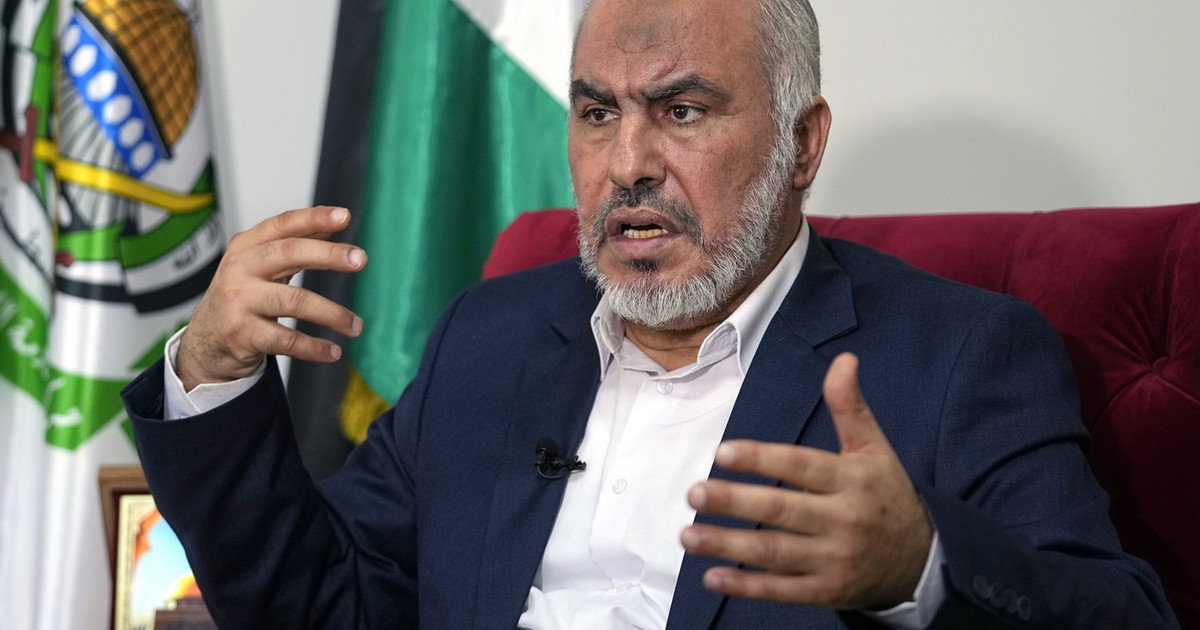
The British Chancellor of the Exchequer Quazi Kwarteng hit the brakes, to reduce Britain’s tax rates as this will overshadow the mission of the British government which is none other than the difficulties faced by British citizens. In particular, he announced today that the government will not proceed with its abolition higher tax rate which had been announced a few days earlier, a measure that had caused an uproar in financial markets.
“It is clear that its abolition tax rate of 45% overshadowed our mission to address them difficulties of our country. I am therefore announcing that we will not proceed. We understood and listenedKwarteng said on Twitter.
“This will allow us to focus on implementing the key elements of our plan development. Initially, the imposing a ceiling in energy prices”, explained the minister. This measure is estimated to cost60 billion pounds for six months, although it is to last two years for households. A little later, speaking to the BBC, the Minister of Finance emphasized that he is not going to resign after 180 degree turn which he was forced to do, pointing out that this plan had been concluded by one “big distraction”.
When asked if he will resign, he replied: “Not at all”, while the Kwarteng he refused to admit that his suggestion was wrong. “What I do admit is that he ended up being a big one distraction from a powerful package» meters, he said as reported by the Athens News Agency.
With regard to the possibility of imposing new austerity measures, the British minister commented that “I don’t believe it at all”. “I think we’re trying to focus on growing the economy,” he said.
From the side of Liz Truss, the 47-year-old former British foreign secretary who became prime minister on September 6 after winning the leadership battle in a vote among Conservative party members – not ordinary citizens across the country – said yesterday that she should have paid more efforts to “prepare the ground” for this policy. Truss and her Finance Minister Kwazi Kwarteng announced a new “growth plan” on September 23 that would cut taxes and ease the regulatory framework, financed by high government borrowing, to lift the economy out of years of stagnant growth.
Although the abolition of the top tax rate corresponded to just in about 2 billion from £45 billion which was the tax cut plan, it was the measure from the fiscal package that collected the more attention.
The opposition Labor party said today that the government had destroyed its financial credibility and damaged confidence in the British economy following the collapse. “This is not over – it’s not just a distraction,” Labour’s economic spokeswoman Rachel Reeves said in a statement, adding that the government’s entire economic strategy needed to be reversed.
The pound registered a temporary jump following the announcement of the change in the government’s plans. The pound rallied to as high as $1.128 after the BBC reported news of the finance minister’s fold, the highest level since September 22, a day before Kwarteng announced the new “growth plan”. The pound then gave back most of its gains and was recently trading at $1.1177, up 0.1%.
“From the markets side, it’s a good step in the right direction. It will take time for the markets to digest the message but it is expected to limit the pressure,” said Jan von Gehrich, head of analysis at Nordea. “Questions remain and sterling is likely to remain under pressure,” he added.
Source: News Beast
I’m Robert Neff, a professional writer and editor. I specialize in the entertainment section, providing up-to-date coverage on the latest developments in film, television and music. My work has been featured on World Stock Market and other prominent publications.






